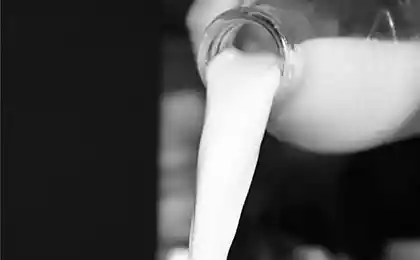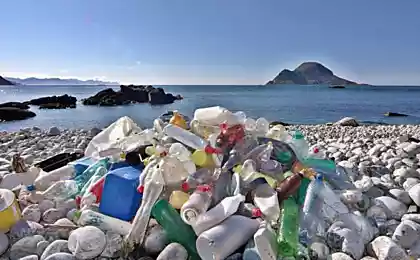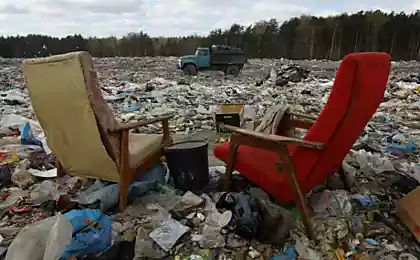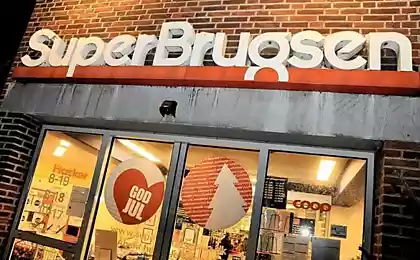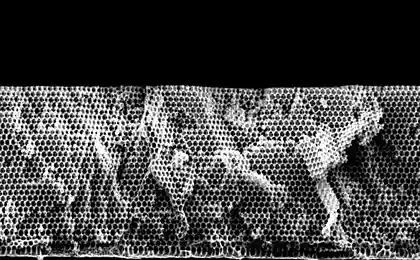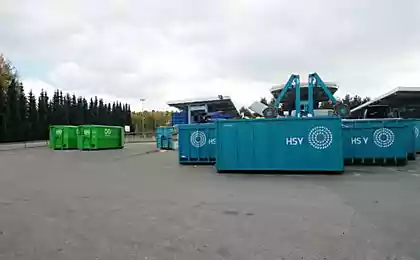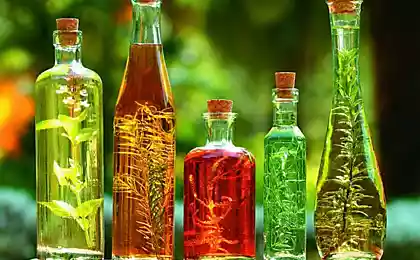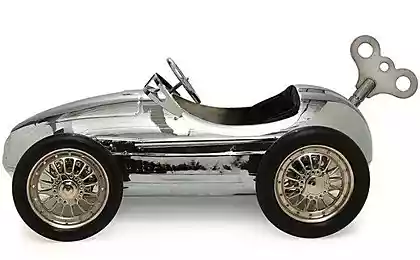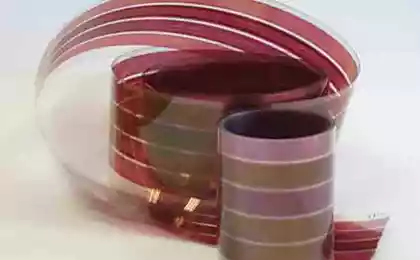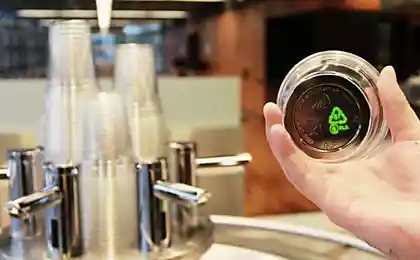390
Chemists have proposed a simple way of turning vegetable waste into plastic
Currently, the creation of bioplastics the most important requires several energy intensive steps, and crops used in food production. Chemists from the Institute of technology of Genoa proposed a simple method of recycling food waste into eco-friendly polymer.

Ilker Bayer and colleagues in the study were able to make the process of creating cellophane from cellulose. They discovered that dissolving cellulose from cotton and hemp in trifluoroacetic acid converted it into an amorphous form suitable for moulding into plastic, without any additional processing.
Then chemists use vegetable waste husks from rice and cocoa, the remnants of parsley and spinach. Bayer says: "the waste unfit for food, but can be easily converted into useful bioplastics. Depending on the feedstock, you can get different properties: rubber from spinach, firmer from rice husk".
New materials have a different combination of stiffness and elongation, in comparison with the existing bioplastics and traditional plastics. They can inherit the properties of the source plants, i.e. parsley plastic could have antioxidant properties, and cinnamon plastic could be antibacterial.
Source: nauka24news.ru/

Ilker Bayer and colleagues in the study were able to make the process of creating cellophane from cellulose. They discovered that dissolving cellulose from cotton and hemp in trifluoroacetic acid converted it into an amorphous form suitable for moulding into plastic, without any additional processing.
Then chemists use vegetable waste husks from rice and cocoa, the remnants of parsley and spinach. Bayer says: "the waste unfit for food, but can be easily converted into useful bioplastics. Depending on the feedstock, you can get different properties: rubber from spinach, firmer from rice husk".
New materials have a different combination of stiffness and elongation, in comparison with the existing bioplastics and traditional plastics. They can inherit the properties of the source plants, i.e. parsley plastic could have antioxidant properties, and cinnamon plastic could be antibacterial.
Source: nauka24news.ru/

